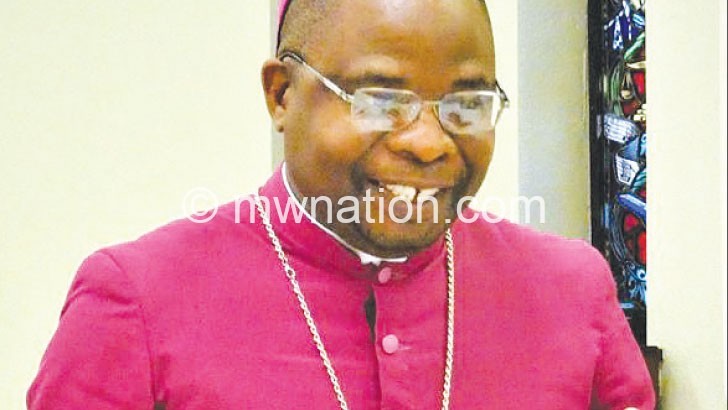Promoting sexual rights in temples II

“Alleluia!” announces Pastor Yonah Wayilo Nehiya as he takes to the pulpit.
In unison, the congregants respond: “Amen!”
It is another beautiful Sunday at Namitembe Ethiopian Church in Traditional Authority (T/A) Nkalo in Chiradzulu.
A sizeable number of believers have come to worship and all seem eager to receive God’s counsel.
“Brethren, today I will dwell on family planning, sexual and reproductive rights. We are all aware that God mandated us to multiply. But to what extent do we have to multiply?” asks Pastor Nehiya.
Immediately he announces the topic, dead silence creeps into the church as some congregants whisper in disapproval.
It is obvious the topic the pastor has brought is ‘sacrilegious’ in the house of the Lord.
Issues related to reproductive rights are some of the most contested worldwide regardless of the population’s socio-economic level, religion or culture.
This is so because sexual and reproductive health rights emphasise on the basic right of couples and individuals to freely and responsibly determine the number, spacing and timing of their children.
The right further entitles people to access the information and means to do so, and the right to attain the highest standard of sexual and reproductive health (SRH) services.
In addition, the 1968 United Nations (UN) International Conference on Human Rights said reproductive rights may include access to legal or safe abortion, the right to birth control, the right to access good quality reproductive healthcare and the right to education and access in order to make free and informed reproductive choices.
Although the pulpit has proved to be one of the best and effective platforms where information on topical issues can be disseminated, most church leaders have not utilised it to sensitise their members on family planning, sexual and reproductive issues.
Pastor Thom Banda of Living Waters Church (LWC) says he cannot propagate sexual and reproductive rights because God does not approve of them.
“God mandated us to multiply and conquer the world, which we have not achieved so far. There is still more uninhabited land and, therefore, we can’t say we have conquered the world,” said Banda.
He wondered why governments and donors are worried about resources, saying God would not fail to provide for his people.
The World Health Organisation (WHO) dismisses this line of thinking, saying it has led many couples and individuals to sacrifice their sexual and reproductive rights to avoid facing stigma and discrimination based on religious beliefs.
Catholic priest, Father Andrew Kaufa, noted that misconceptions regarding religion and sexual reproductive rights arise from lack of pastoral awareness on their roles in promoting “responsible parenthood, birth regulation and cherishing and promoting life.”
Kaufa gave the example of the Catholic Church, which is advocating for responsible parenthood by sensitising parents on the need to have children they can take care of.
“Responsible parenthood is achieved through a series of decisions couples make to ensure the best possible life for the family and the community they belong to; one of which concerns the regulation of birth.
“If properly practiced, responsible parenthood programmes can have a positive impact on the socio-economic development of a country as a population growth would be controlled through socially accepted means,” he said.
The priest is worried that most families do not recognise this responsibility because of the high fertility rates in the country.
Kaufa urged fellow faith leaders to be in the forefront in promoting responsible parenthood by guiding and empowering their members with information and facilitating decision-making on sexual and reproductive health services.
He said the Catholic Church has already undertaken the initiative by developing a Sexual and Reproductive Health Policy which aims at providing understanding of human sexuality from the context of the Bible and social teaching of the church.
And as he winds up his sermon to the otherwise disconnected faithful because of the controversial topic he brought today, Pastor Nehiya says: “It’s my prayer that you, members of the Namitembe Ethiopian Church, will be the first in ensuring that we not only space our children, but also time them according to the resources available.”





